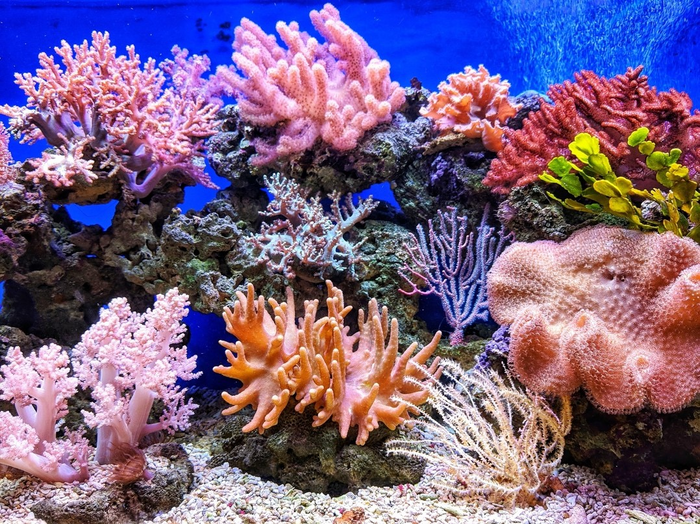In response to climate change and other environmental constraints, CORDAP has announced a grant program with a maximum value of USD$18 million for creative ideas to prolong the longevity and survival of all corals and reefs.

The G20 Coral Research and Development Accelerator Platform (CORDAP) has launched a call for proposals for its Coral Accelerator Program (CAP) 2022. Image Credit: qui-nguyen
An innovative transdisciplinary methodology is being used by the G20 effort to quicken global R&D endeavors. For communities most in need, the CAP aims to make sure that the solutions are open source, cost-effective, and that applicants work with organizations from low- and middle-income nations.
On this initial call for applications, grants will be given to initiatives that expedite coral and reef R&D. The most promising and significant initiatives will be chosen for financing after a thorough expert screening procedure.
We can no longer limit our ambition for the recovery of our oceans by the technology we have available. We need next-generation solutions to achieve the level of restoration needed in the next decade. Projects awarded funding under this program are expected to lead to significant discoveries, innovations, and improvements in current coral protection and restoration.
David Mead, Chair, Scientific Advisory Committee, CORDAP
This program is supported by three main principles:
- Making sure the local community stands to gain: The developed solutions should be accessible to those who need them the most.
- Globally inclusive: Teams submitting applications must include representatives from at least two nations, at least one of which must be a low- or middle-income nation as defined by the OECD.
- Solutions must be open source: IP emerging from CORDAP-funded efforts will be made freely available under a public license for commercial and non-commercial coral conservation purposes, allowing anyone to use and expand on the research and technology.
Most corals are in developing countries, but their citizens do not participate in research due to lack of capacity and access. This is the first research program that ensures their participation.
Professor Anastazia Banaszak, Vice-Chair, Scientific Advisory Committee, CORDAP
Banaszak added, “Not-for-profit and for-profit organizations from any country are welcome, alongside higher education institutions, research institutes, and government entities. This opens up opportunities as many programs generally only finance researchers from the country that contributes the funding.”
The Executive Director of CORDAP, Professor Carlos Duarte, stated, “We are at risk of losing 75% to 90% of remaining coral reefs. For the first time, an entire ecosystem that supports much of biodiversity of species and millions of people may be lost at the hands of humans. Our window of opportunity for saving the corals is rapidly closing and we need innovative technical solutions to deploy large-scale interventions.”
The funds will be distributed from new, early-stage concepts to finished proof-of-concept development and testing.
The submission deadline is November 1st, 2022. Visit the CORDAP website for additional details on the Coral Accelerator Program and instructions on how to submit a proposal.